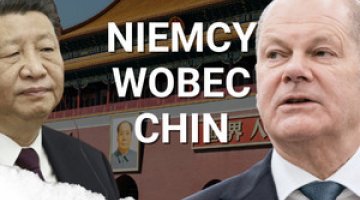Analyses
Germany: reshuffle in the leadership of the coalition party FDP
The liberal FDP party, which is a member of the federal government coalition, held a convention in Rostock on 13–15 May. As had been previously agreed, Foreign Minister Guido Westerwelle stepped down as president of the party. The convention was preceded by a reshuffle in the federal government, which had to be made in connection with Rainer Brüderle’s resignation from the post of economy minister as a result of his taking over of the FDP’s leadership in the Bundestag. In effect of the government reshuffle, the newly elected president of the FDP, Philipp Rösler, has been put in charge of the more prestigious ministry of the economy (he was minister of health before that) and was nominated vice-chancellor, thus reinforcing his position both inside his party and in the government. These changes will also bring about a further weakening of the position of Guido Westerwelle in the government as he no longer has any important function in the party.
The rejuvenation of the FDP leadership is treated as a sign of a modification of the FDP’s programme and is expected to raise its support levels before the upcoming parliamentary elections in Bremen, Mecklenburg-Vorpommern and Berlin. Rösler has promised to expand the FDP’s programme by including social policy issues, which have been not been high on the party’s agenda so far. The new priorities of the FDP – in addition to the traditional lowering of tax thresholds and personal data protection – will include education policy and support for those who wish to return to work.
The stabilisation of the staffing situation in the FDP will have a positive effect on the efficiency of its work in the government. At the same time, since the FDP has put a stronger emphasis on social policy in its programme, this is a sign of its openness to forming coalitions also with other (not only Christian Democrat) parties, for example, the SPD or the Green Party. <zawil>




